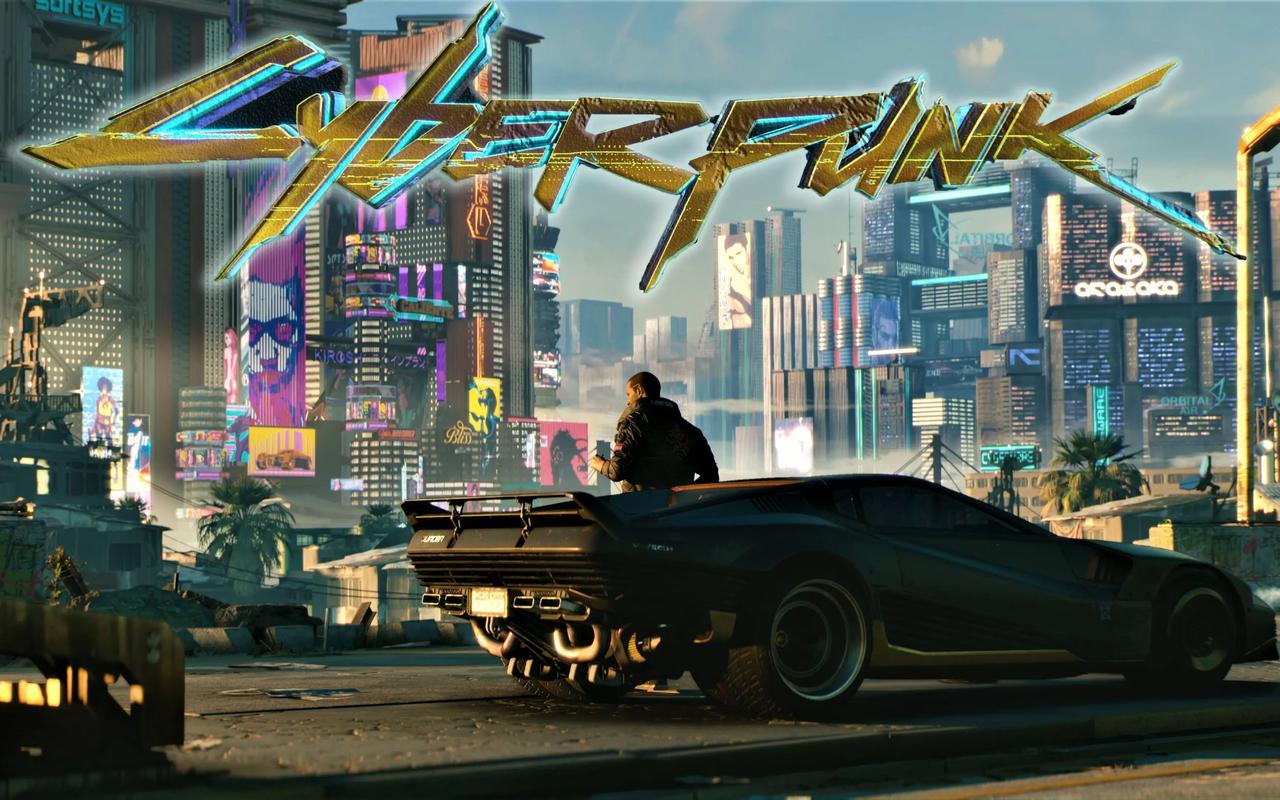The Symphony of Columbia: Narrative and Setting in the Reception of Bioshock Infinite’s Score
When BioShock Infinite was released in 2013, it was immediately lauded for its audacious narrative, its visually stunning setting of Columbia, and its complex themes. Yet, one of the most profound, though sometimes understated, elements contributing to its acclaim was its original score, composed by Garry Schyman. The music of BioShock Infinite is not merely an accompaniment; it is a vital narrative force, an atmospheric anchor, and a key reason why the game’s setting and story resonate so deeply with players. The critical and player reception of the score reveals a sophisticated understanding of how music can elevate a video game from a mere interactive experience to a powerful piece of storytelling art.
A Soundtrack of Dissonance and Devotion
From the outset, Schyman’s score masterfully establishes the central dichotomy of Columbia itself: the gleaming, pious surface and the rotting, violent underbelly. The main theme, "Lighter Than Air," is a perfect example. It opens with a gentle, almost celestial piano and string melody that evokes a sense of wonder, innocence, and ascension—perfect for the first glimpse of a city in the clouds. However, woven subtly beneath this beauty are atonal, dissonant undercurrents, hints of unease that foreshadow the xenophobia, zealotry, and brutality to come. This musical foreshadowing was a critical point in the game's reception. Reviewers and players alike noted that the score made them feel unsettled even during moments of apparent peace, creating a pervasive sense of dramatic irony that pulled them deeper into the narrative.
This dissonance is directly tied to the game’s narrative core. Columbia is a city built on a foundation of extreme American exceptionalism and religious fanaticism. The score reflects this by brilliantly subverting familiar musical tropes. Hymns and barbershop quartets, traditionally associated with community and Americana, are repurposed. The haunting, slowed-down cover of The Beach Boys' "God Only Knows" by a barbershop quartet is a standout moment, its cheerful melody rendered eerie and foreboding. Similarly, the diegetic hymns sung by the citizens of Columbia, like "Will the Circle Be Unbroken," are initially presented as wholesome but are later revealed to be tools of indoctrination. The reception of these pieces highlighted their effectiveness; they weren't just background noise but active participants in world-building, making Columbia feel like a lived-in place with a distorted but coherent culture.
The Emotional Core: Elizabeth’s Theme
If the ambient score defines Columbia, then "Elizabeth’s Theme" defines the heart of the game. This poignant, melancholic piece is the emotional anchor for the entire experience. Its simple, repeating piano melody is both beautiful and heartbreaking, perfectly capturing Elizabeth’s character: her innocence, her loneliness, her longing for freedom, and the immense power she unknowingly holds. The theme evolves throughout the game, appearing in different variations during key narrative moments—moments of discovery, loss, and sacrifice.
The reception of this theme was overwhelmingly personal. For many players, the melody became synonymous with their emotional connection to Elizabeth as a character. It transformed her from a simple AI companion into a deeply empathetic figure. Critics praised Schyman for creating a leitmotif that was so memorable and emotionally potent that its recurrence could instantly change the tone of a scene, guiding the player’s emotional response without a single word of dialogue. In a medium where player agency is paramount, the score acts as a subtle director, ensuring that the intended emotional weight of pivotal story beats is felt. The success of "Elizabeth’s Theme" demonstrated that a strong, character-driven melody could be as crucial to a game’s identity as its gameplay mechanics.

A Symphony of Violence and Revelation
The score also excels in its handling of the game’s action and its mind-bending conclusion. Combat music in Infinite is not generic orchestral bombast. Schyman integrates the main musical themes into the frenetic combat sequences, often layering them with aggressive percussion and chaotic strings. This creates a sense that the violence is an intrinsic, tragic part of the narrative rather than a disconnected gameplay loop. The music ensures that even in the midst of chaos, the player never loses sight of the story’s stakes.
This culminates in the game’s finale, a narrative crescendo that recontextualizes the entire story. As Booker and Elizabeth navigate the lighthouses and witness the "constants and variables" across infinite realities, the score swells into a complex, overwhelming tapestry of all its central themes. The music becomes a guide through the narrative chaos, a sonic representation of the collapsing multiverse. The final, quiet reprisal of "Will the Circle Be Unbroken" as the credits roll is a masterstroke, leaving players in a state of contemplative silence. The reception of this finale was deeply tied to the score’s ability to make an incredibly complex plot not just understandable, but emotionally comprehensible. It provided the catharsis needed to process the story’s heavy themes of redemption, choice, and inevitability.
In conclusion, the reception of BioShock Infinite’s score is a testament to its integral role in the game's success. Garry Schyman’s composition is a narrative engine in its own right, defining the setting of Columbia, forging an emotional bond with Elizabeth, and guiding the player through the story’s dramatic peaks and philosophical depths. It proved that a video game score could achieve a level of sophistication and narrative integration previously reserved for film and opera. The music of Columbia doesn’t just accompany the story—it is the story, a symphony of beauty, horror, and heartbreaking humanity that continues to resonate long after the screen fades to black.














